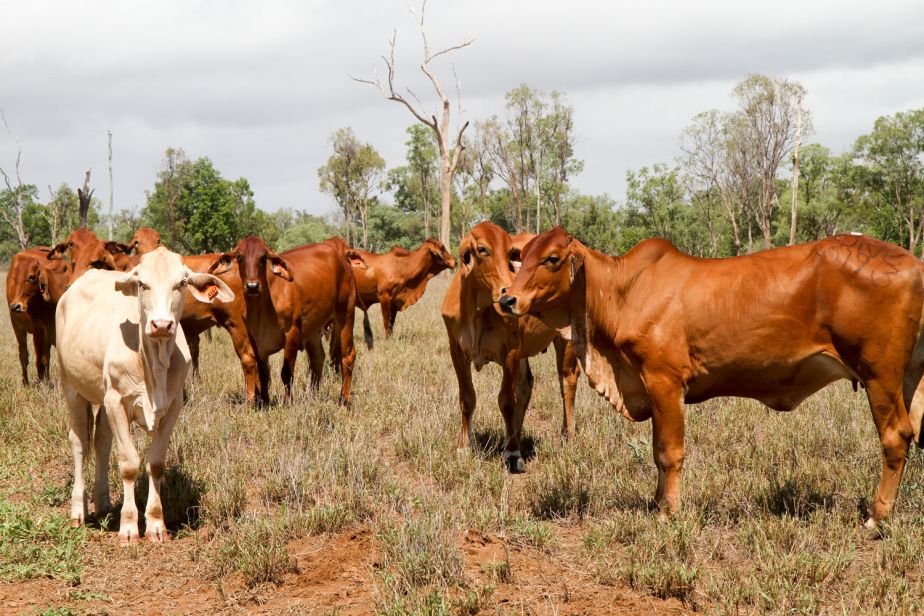Media Releases
JCU takes aim at NT weeds

James Cook University will unleash drones, sensors and other high-tech devices to combat weeds on Northern Territory cattle stations.
JCU and the Tipperary Group of Stations, in collaboration with Sensand Technologies, will combine an Internet of Things (IoT) network with low-cost environmental sensors, drone mapping and big data analytics to develop data-driven strategic weed management programs - ultimately improving both cattle productivity and natural assets.
The three-year project has received $1.5m in grant funds from the Commonwealth Government’s Cooperative Research Centre Projects Program, and will capitalise on the latest developments in agtech and applied research to deliver commercial and environmental outcomes.
Professor Ian Atkinson is leading JCU’s involvement in the project, which will comprise spatial modelling of pests and weeds, sensor deployment and IoT network integration.
He said containing weeds and pests in northern Australia will give cattle producers more options to improve profitability, sustainability and productivity.
“Applying advanced but robust tech to this problem gives us new opportunities to solve these problems across the massive area of Northern Australia. This tech will have wide application to be translated to other properties into the future,” he said.
Tom Polkinghorne, Tipperary’s Business Development Manager, is leading the project.
“We’re looking forward to working with Sensand and JCU on this project to drive productivity gains and efficiency savings in our weed management programs,” he said.
“We recognise that technologies such as multi-spectral imagery, satellite imagery, and machine learning can help us identify and forecast weed infestations without prohibitively expensive aerial or ground surveys,” said Mr Polkinghorne.
“The great thing about this project is that it won’t produce a research paper that will sit on a shelf and gather dust. It won’t produce a glossy report drumming up the potential of agtech. What it will do is apply the latest technologies and research to help a large station in a remote area save two very precious resources – time and money,” said Mr Polkinghorne.
Sensand Technologies, based in Melbourne, is working on the development of a smart agricultural dashboard that will be utilised and enhanced during the project. In addition, Sensand will integrate smart agtech devices, and design and deploy an IoT network across Tipperary’s land which totals 384,000 hectares.
“We’re looking forward to working on this iconic cattle station and making a significant contribution to the ways in which Australian farmers use agtech to solve big problems on farm. In concert with Tipperary Group of Stations and JCU we’re already coming up with much smarter ways to mesh valuable data together via our dashboard and seamlessly bundle together proven and promising technologies that can get real jobs done,” said Davi La Ferla, Sensand Technologies’ Chief Executive Officer.
Professor Ian Atkinson
Director, eResearch Centre
James Cook University
ian.atkinson@jcu.edu.au
Tom Polkinghorne
Business Development Manager
Tipperary Group of Stations
tpolkinghorne@tipperarygroup.com
Davi La Ferla
Chief Executive Officer
Sensand Technologies
davi.laferla@sensand.com